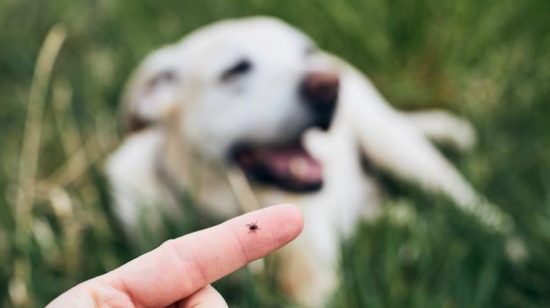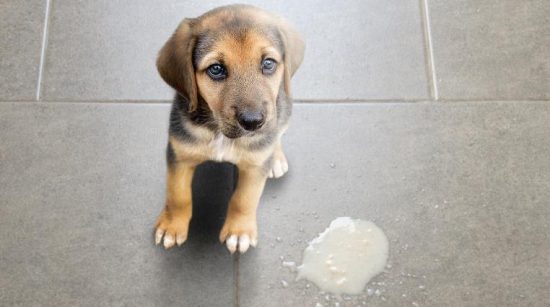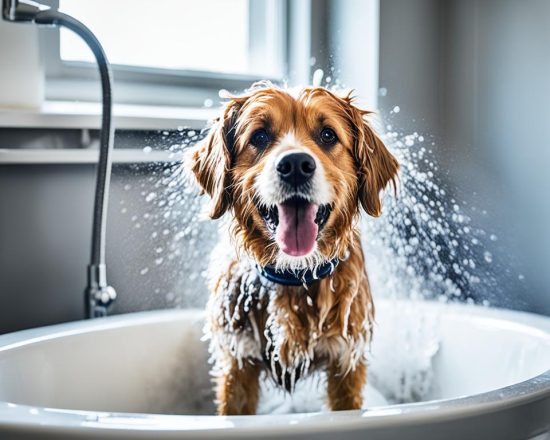How Much Does a Horse Cost? The True Price of Owning a Horse
How much does a horse cost? Discover the true costs of owning a horse, from upfront expenses to ongoing maintenance, in this comprehensive guide.
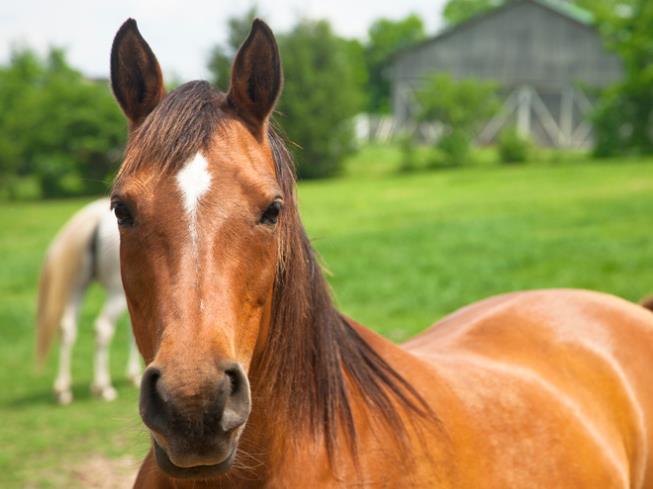
Surprisingly, according to the new Synchrony Equine Lifetime of Care study, 83% of horse owners say they are prepared for expenses, yet the actual costs can be three to four times higher than they expect. “Horse owners often plan for the cost of food, boarding and gear, yet they can sometimes overlook critical components of veterinary care, such as colic treatment, broken bones and eye issues, which can cost as much as $10,000,” explains Boo Larsen, senior vice president and general manager, Veterinary, Synchrony.
So, how much does a horse cost? In fact, the all-in annual costs for owning a horse can range from $8,600 to $26,000 per year, according to the study. Before you decide if how much does a horse cost or how much does 1 horse cost? ownership is right for you, it’s important to have a realistic understanding of the financial (and time) commitment involved in housing, feeding, caring for and enjoying a 1,000-pound animal with a horse lifespan of 25 years or more (and, by the way, 90% of horse owners will keep their horses for life).
Initial Costs of Owning a Horse
According to the factual data, the initial cost of buying a horse can range from $3,000 to $10,000 for a recreational horse. However, if you’re looking to own elite, high-level sport or show horses, be prepared to pay anywhere from $15,000 to $750,000 or more. The price of a horse depends on factors such as age, health, breed, and level of training. It’s essential to work with a reputable breeder and/or trainer to help you identify the right horse that matches your needs, goals, and skill level.
Cost of Buying a Horse
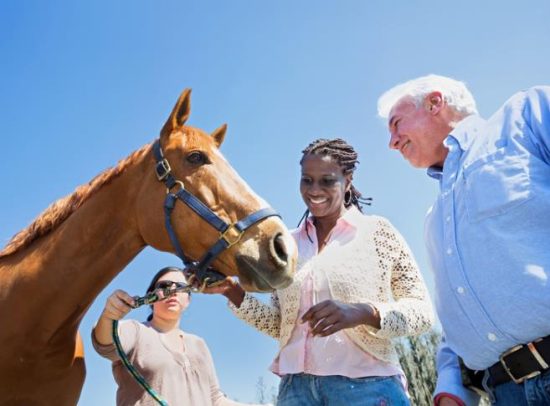
The cost of buying a horse can vary significantly, with prices ranging from $3,000 to $10,000 for a recreational horse. For those seeking high-performance, show-quality horses, the cost can be as high as $15,000 to $750,000 or more. Factors such as the horse’s age, health, breed, and training level all play a role in determining the purchase price.
Tack and Equipment Costs
In addition to the cost of buying a horse, you’ll also need to budget for tack and equipment. This includes a saddle, which can range from $139 to $4,795 for English saddles and $159 to $3,850 for Western saddles. Other tack and equipment costs include saddle pads ($14.50 to $560), girths/cinches ($12 to $400), and bridle sets ($34 to $600 for English, $26.95 to $327 for Western). The total cost for basic tack and equipment can range from $250 to $3,750.
Grooming Supplies
Owning a horse also requires a variety of grooming supplies, which can cost between $185 and $450. This includes items like a halter ($10 to $25), brushes ($5 to $20), buckets ($5 to $15), fly spray ($10 to $15), and a horse blanket ($50 to $200). These supplies are essential for the daily care and maintenance of your horse.
Pre-Purchase Veterinary Exam
Before purchasing a horse, it’s recommended to have a trusted veterinarian perform a thorough pre-purchase health check. This exam can cost between $250 to $550 and helps provide a better overall picture of the horse’s health and any potential problems. The vet will examine the horse’s heart, lungs, mouth, teeth, skin, eyes, and limbs to assess the horse’s soundness and suitability.
Ongoing Maintenance Costs for Horse Ownership
Owning a horse requires ongoing financial commitments beyond the initial purchase price. Three of the major ongoing costs include boarding, feed, and farrier (hoof care) expenses.
Boarding Costs
If you don’t have the ability to keep your horse on your own property, you’ll need to board your horse at a stable. Horse boarding costs can vary widely, but generally range from $100 to $750 per month depending on the level of care and amenities provided. A full-service board, which includes a stall, daily care, and feed, typically costs $400 to $750 per month. A partial-care board, where you’re responsible for some of the daily tasks, ranges from $250 to $500 per month. The self-service board, where you handle all the care, is $200 to $300 per month, and the pasture board, with limited amenities, is $100 to $300 per month.
Feed Costs
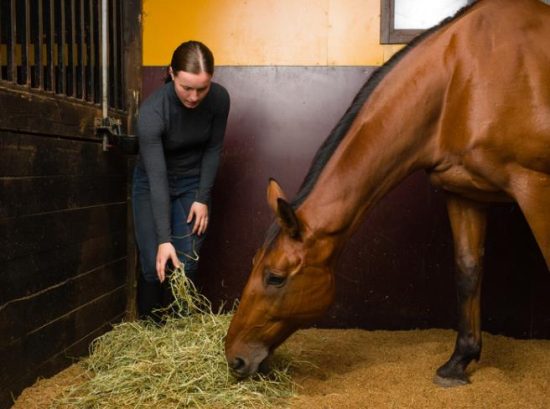
Feeding a horse is a significant ongoing expense, costing $250 to $4,380 annually. Horses require a diet of hay, which can cost $2 to $12 per bale, and may also need a grain supplement, which costs $7 to $20 per bag. A horse can eat up to one bale of hay per day, so hay costs alone can range from $20 to $365 per month. The exact feed costs will depend on the horse’s size, activity level, and whether the feed is included in the boarding costs.
Farrier (Hoof Care) Costs
Regular hoof care by a farrier is essential for a horse’s health and soundness. Farrier services typically cost $120 to $1,200 annually, depending on whether the horse needs just hoof trimming (average $25 to $80 per visit) or additional shoeing (average $65 to $150 per visit). Horses generally need to see a farrier every 6 to 8 weeks to keep their hooves in good condition.
Veterinary and Medical Care Costs
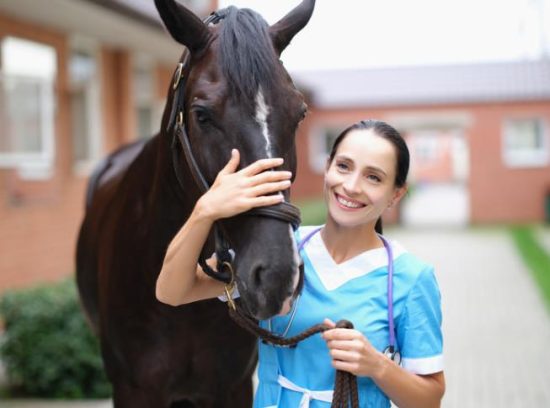
Like humans, horses require regular veterinary check-ups to monitor their overall health.
Annual wellness exams, which include a physical exam, vaccinations, and deworming, typically cost $200 to $350 per year. These exams are essential for identifying any potential health issues and maintaining your horse’s well-being.
As part of the annual wellness exam, horses need to be vaccinated yearly for common diseases like rabies, encephalitis, tetanus, and West Nile virus. The cost for these vaccinations and deworming, which is typically recommended 4 times per year, is around $50 to $100.
Horses’ teeth continue to grow throughout their lives, so regular dental care is crucial. This typically involves a procedure called “floating” the teeth to file down any sharp edges. Dental care for horses can cost between $100 and $300 per visit and is generally recommended 1-2 times per year.
How Much Does a Horse Cost for Training and Lessons?
If you’re new to horseback riding or want to compete, taking regular lessons is an important investment. Group lessons typically range from $50 to $65 per session, while private instruction can cost $75 to $150 per hour. Most active riders take at least one lesson per week, so budgeting for at least 52 lessons per year at the low end of the group lesson range would cost around $2,400 annually. The more advanced your riding goals, the more you can expect to pay for specialized horse training.
The cost of horseback riding lessons can vary based on factors such as the instructor’s experience, the location, and the type of lesson. Beginner group lessons may be on the lower end of the spectrum, while advanced private lessons with a renowned equestrian coach can be on the higher end. Nonetheless, investing in quality equestrian lessons is crucial for developing riding skills and achieving your goals, whether it’s for recreational enjoyment or competitive success.
Insurance Considerations for Horse Owners
Owning a horse comes with liability risks, so it’s important to have adequate insurance coverage. Equine liability insurance can protect you if your horse injures someone or damages property. The cost of this insurance varies widely depending on the level of coverage, but it’s generally around 3% of the horse’s value, which could range from $400 to $3,000 or more per year for a high-value horse.
In addition to liability insurance, you may also want to consider equine health and mortality insurance to help offset the costs of medical bills or the loss of your horse due to illness or injury. This type of insurance is generally around 3% of the horse’s value, so for a high-value horse, it could be $3,000 or more per year.
Equine Liability Insurance
Equine liability insurance is crucial for horse owners to protect themselves from financial liability if their horse causes injury or damage. The cost of this insurance can vary widely based on factors such as the horse’s value, the level of coverage, and the insurance provider. Generally, expect to pay around 3% of the horse’s value for a comprehensive liability policy, which could range from $400 to $3,000 or more annually for a high-value horse.
Equine Health and Mortality Insurance
Along with liability coverage, horse owners may also want to consider equine health and mortality insurance. This type of insurance can help cover the costs of veterinary care for injuries and illnesses, as well as provide compensation if the horse dies or must be euthanized. Similar to liability insurance, equine health and mortality coverage is typically around 3% of the horse’s value, so for a high-value horse, the annual cost could be $3,000 or more.
Additional Costs to Consider for Horse Ownership
Beyond the costs of boarding, feed, and veterinary care, horse owners must also budget for barn supplies and equipment. This includes items like buckets, pitchforks, wheelbarrows, and other tools needed to maintain the barn and care for the horse. The cost of horse barn supplies can range from $1,500 to $2,000 to get started, with ongoing costs for replacement and replenishment.
Barn Supplies and Equipment
Owning a horse requires a variety of factors, including how much do horse care items cost and typical equine equipment expenses to properly maintain the barn and provide the necessary care for the animal. From buckets and pitchforks to wheelbarrows and other essential tools, horse owners should expect to spend between $1,500 to $2,000 to establish their initial stock of barn supplies and equipment.
Transportation Costs
If you need to transport your horse to competitions, shows, or other off-site locations, you’ll need to factor in the cost of hauling a horse and how much does it cost to trailer a horse. The expense can vary widely depending on the size and type of trailer, as well as the distance traveled. On average, horse owners can expect to spend $0.50 to $1 per mile for typical horse transportation expenses when transporting their horse.
Show and Competition Fees
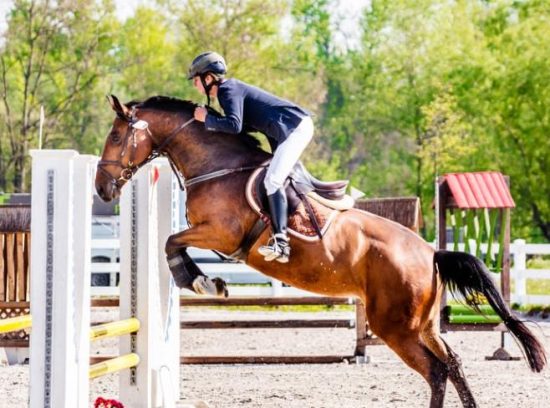
For horse owners who plan to compete, there are additional costs of horse shows, how much do horse competitions cost, and typical equestrian event fees associated with shows and competitions. These can include entry fees, which can range from $25 to $500 or more depending on the event, as well as any additional fees for stabling, bedding, and other services at the competition venue. Horse owners should budget several hundred to a few thousand dollars per year for these types of expenses.
Cost Variations Based on Geographic Location
The costs associated with owning a horse can vary significantly based on the geographic location. Factors like the cost of land, feed, and labor can all impact the overall expenses. For instance, boarding a horse in a major metropolitan area like New York City will be significantly more expensive than in a rural area. Prospective horse owners need to research the typical regional differences in horse prices and geographic factors in equine expenses in their specific region to get an accurate estimate of what they can expect to pay.
How location affects horse ownership costs can be illustrated in the following table, which highlights the average monthly boarding costs in various regions across the United States:
| Region | Average Monthly Boarding Cost |
|---|---|
| Northeast (e.g., New York, Massachusetts) | $800 – $1,200 |
| Southeast (e.g., Florida, Georgia) | $500 – $900 |
| Midwest (e.g., Ohio, Indiana) | $400 – $800 |
| Southwest (e.g., Texas, Arizona) | $400 – $900 |
| West Coast (e.g., California, Washington) | $700 – $1,100 |
As this table demonstrates, location can significantly affect horse ownership costs, with boarding expenses in the Northeast and West Coast regions notably higher than in the Midwest and Southeast regions. Prospective horse owners should carefully consider these geographic factors in equine expenses when budgeting for the total cost of horse ownership.
How Much Does a Horse Cost?
According to the Synchrony Equine Lifetime of Care study, the total cost of owning a horse can range from $8,600 to $26,000 per year. This includes the initial costs of purchasing the horse ($3,000 to $10,000 for a recreational horse) and ongoing expenses for boarding, feed, veterinary care, farrier services, insurance, training, and other supplies. The exact costs can vary significantly based on factors like the horse’s needs, location, and level of involvement in the horse’s care and activities. Prospective owners must carefully research and budget for all the potential expenses to ensure they can comfortably afford the true cost of horse ownership.
The average annual cost of keeping a horse can be quite substantial, as the full price range for horse ownership encompasses a wide spectrum. From the initial investment in purchasing the horse to the ongoing maintenance and care, the total cost of horse ownership can add up quickly. By understanding the various factors contributing to the total cost of horse ownership, individuals can make an informed decision about whether this lifestyle is feasible and aligned with their financial capabilities.
| Cost Category | Estimated Range |
|---|---|
| Initial Purchase Cost | $3,000 – $10,000 (for a recreational horse) |
| Annual Boarding Costs | $1,200 – $9,000 |
| Annual Feed Costs | $250 – $4,380 |
| Annual Veterinary and Medical Costs | $400 – $1,000 |
| Annual Farrier (Hoof Care) Costs | $120 – $1,200 |
| Annual Training and Lesson Costs | $2,400 – $7,800 |
| Annual Insurance Costs | $400 – $6,000 |
| Annual Supplies and Equipment Costs | $1,500 – $2,000 |
| Annual Transportation Costs | $500 – $3,000 |
| Annual Show/Competition Fees | $300 – $5,000 |
As you can see, the total cost of horse ownership can be quite substantial, with the average annual cost ranging from $8,600 to $26,000. Prospective owners must carefully consider the full price range and ensure they have the financial resources to support this rewarding but financially demanding hobby.
FAQs on how much does a horse cost
How much does a horse cost to purchase?
On average, you can expect to pay anywhere from $1,000 to $10,000 for a recreational horse. However, prices for high-performance horses, show horses, or those with exceptional breeding can range from $10,000 to $100,000 or more
How much do grooming supplies cost for a horse?
Owning a horse requires various grooming supplies, which cost between 5 and 0. These include a halter, brushes, buckets, fly spray, and a horse blanket.
What is the cost of a pre-purchase veterinary exam for a horse?
On average, you can expect to pay between $250 and $500 for a basic pre-purchase exam, which typically includes a thorough physical examination, basic lameness evaluation, and sometimes basic blood work
How much does it cost to board a horse?
Basic care boarding costs range from $300 to $800 monthly, and they typically include a stall, turnout, feeding, and basic facility use.
What are the typical feed costs for a horse?
Feeding a horse can cost 0 to,380 annually. Horses require a diet of hay, which can cost to per bale, and may also need a grain supplement, which costs to per bag.
How much does hoof care and farrier services cost?
Regular hoof care by a farrier is essential, and typically costs $120 to $1,200 annually, depending on whether the horse needs just hoof trimming or additional shoeing.
What are the costs for annual veterinary wellness exams and care?
Annual wellness exams, which include a physical exam, vaccinations, and deworming, typically cost $200 to $350 per year. Vaccinations and deworming are around $50 to $100 per year.
How much do regular horse riding lessons cost?
Taking regular lessons is an important investment. Group lessons typically range from $50 to $65 per session, while private instruction can cost $75 to $150 per hour.
What are some additional costs to consider for horse ownership?
Other costs include barn supplies and equipment ($1,500 to $2,000 to start), transportation ($0.50 to $1 per mile), and show/competition fees (several hundred to a few thousand dollars per year).
How do location and region impact the costs of owning a horse?
The costs associated with owning a horse can vary significantly based on the geographic location, with factors like the cost of land, feed, and labor all impacting the overall expenses.
What is the total cost range for owning a horse?
According to the Synchrony Equine Lifetime of Care study, the total cost of owning a horse can range from $8,600 to $26,000 per year ,200 annually, depending on whether the horse needs just hoof trimming or additional shoeing.

